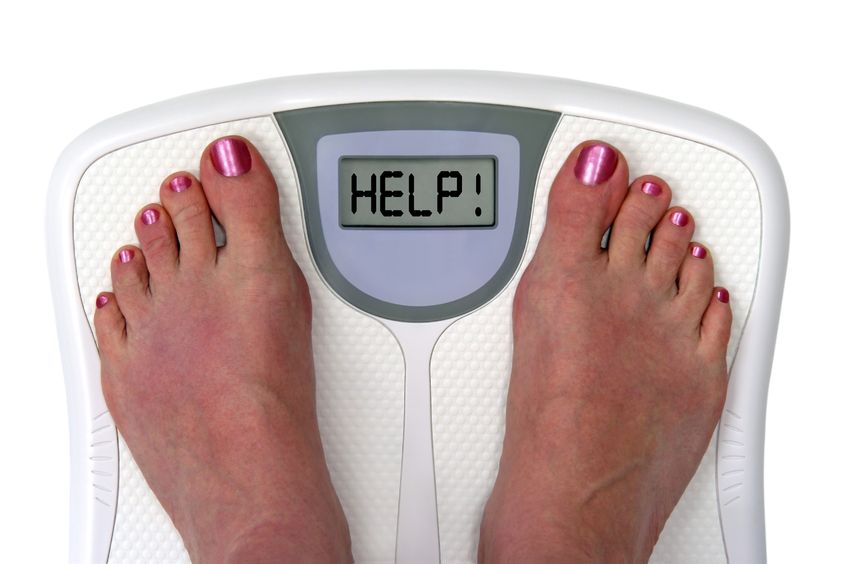Ask Dr. K: Are Artificial Sweeteners Linked to Obesity?
Ask Dr. K: Are Artificial Sweeteners Linked to Obesity?
 Recently a behavioral neuroscientist at Perdue University published an article linking the consumption of artificially sweetened drinks and obesity. This is a complicated issue and the article leaves us with no clear answers. As a pediatrician that sees evidence of childhood obesity every day in my clinic, I would like to re-dissect and re-explain the article’s conclusions, adding a touch of common sense to the whole story.
Recently a behavioral neuroscientist at Perdue University published an article linking the consumption of artificially sweetened drinks and obesity. This is a complicated issue and the article leaves us with no clear answers. As a pediatrician that sees evidence of childhood obesity every day in my clinic, I would like to re-dissect and re-explain the article’s conclusions, adding a touch of common sense to the whole story.
Dr. Susan E. Swithers found that our body has a response to the ingestion of food or beverages with a sweet taste, regardless of whether the sweet taste comes from sugar or from artificial sweeteners. In her study, there was a significant increase in diabetes, high blood pressure and heart disease in those individuals consuming beverages containing artificial sweeteners and also in individuals consuming sugar-sweetened beverages.
In the article other studies are mentioned that contradict, in part, the findings of Dr. Swithers, such as one where they gave water or artificially sweetened beverages to a group of individuals and compared them with another group consuming sugar-sweetened drinks. The group drinking beverages with artificial sweeteners had a decrease in weight and systolic blood pressure but no a decrease in blood sugar. The group drinking only water did have a decrease in weight, blood pressure AND a decrease in blood sugar, when compared to the group consuming sugar-added drinks.
What are we learning about the link between artificial sweeteners and obesity?
There are sweet taste receptors in the intestine. We know this is true. Somehow, when we ingest something that tastes sweet, the body gets ready by producing the corresponding hormones to process the incoming sugar. When what we ingest is not sugar, may foul the system enough to exhaust the mechanism, just like when we ingest real sugar. My “common sense” advice is the following: if you want to eat or drink something sweet, make it real sugar; but ingest small amounts and no more than one per week.
The “permission effects” exists: When we ingest non-caloric drinks, we give ourselves permission to reach for other sweet foods. We all know this effect when we exercise: we are very good at exercising for a few days and we automatically justify overeating the next day. Am I the only one to do this? Think about Thanksgiving dinners and don’t tell me you don’t think that way.
Why are all those studies so difficult to interpret and confusing to read? Like in any human behavior, linking cause and effect is at the heart of all studies. The results may vary depending on the group you choose to study and whether or not you are considering other variables. For example, we know that people with diabetes tend to consume a large amount of non-calorie drinks but, is that the cause of their diabetes or is it the result of their effort to control it?
A good story comes to mind. Back in the 40s and 50s, when investigators were trying to find out what caused the epidemic of paralysis later linked to the polio-virus, there was an hypothesis linking the disease to the consumption of ice cream. Both the incidence of polio and the sales of ice cream peaked in the summer months, therefor, there should be a connection, right? The answer, as we all know, is that the connection was never there as a cause-effect relationship.
My advice about consuming sugar:
Limit consumption of sweets in general, just like you limit consumption of fat or protein. We all know there is such thing as too much of something good and overeating is only going to lead to overweight and obesity.
If you like to eat a cake for you birthday, go for it and make it with real sugar. Since your birthday comes around only once a year, this permissive behavior is not going to impact your life much.
We don’t know of any beneficial effects of artificial sweeteners, therefor you don’t need them.
We all need sugars (carbohydrates) in our diet. Fruits and vegetables have plenty of them. You can’t go wrong eating real fruits the way nature intended; that is, as they come from the tree.
In my book, The Step Up Diet, I give common sense advice about meal planning, snacks, and school lunches. Using the concept of quality, quantity, and timing will insure your family is eating well.

 Previous Post
Previous Post Next Post
Next Post



